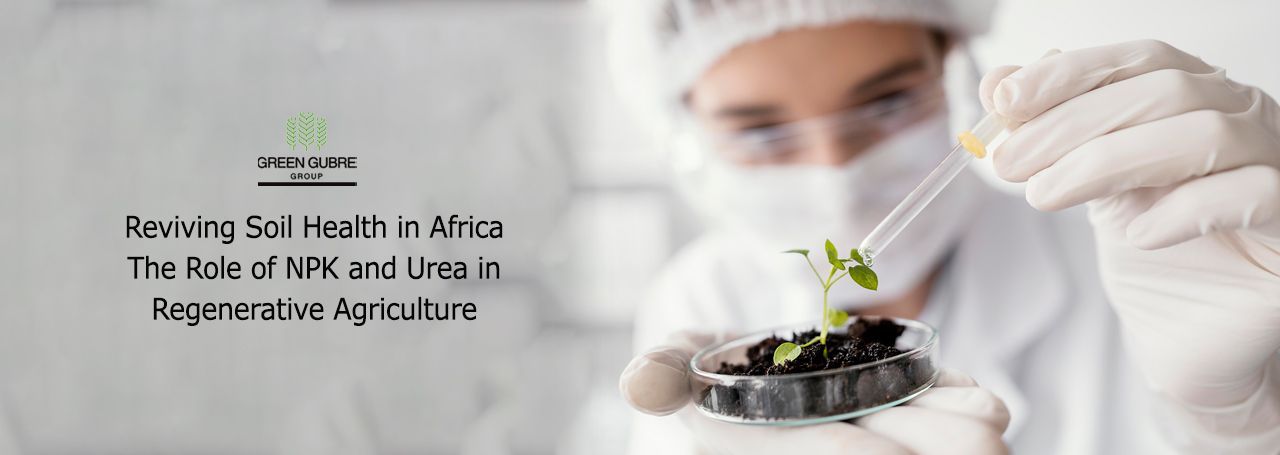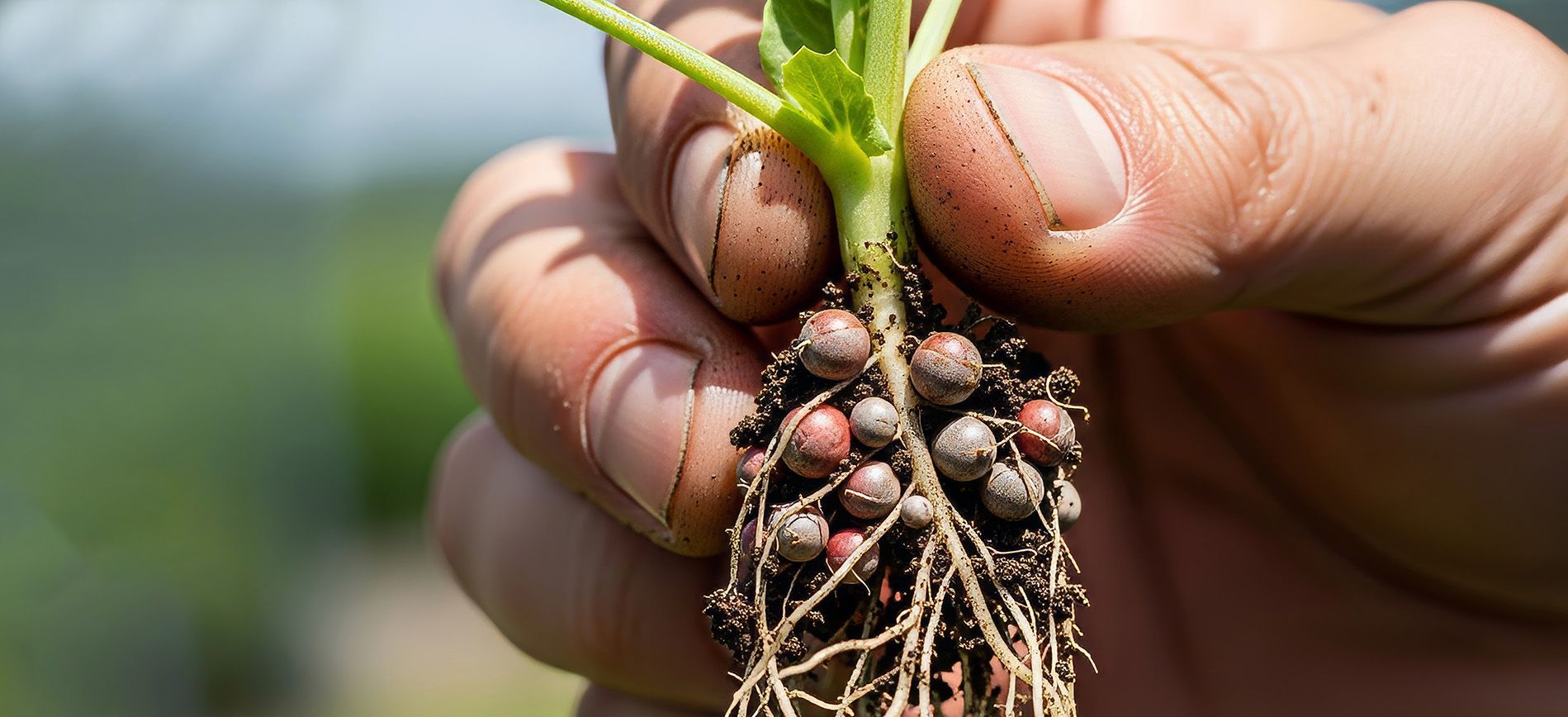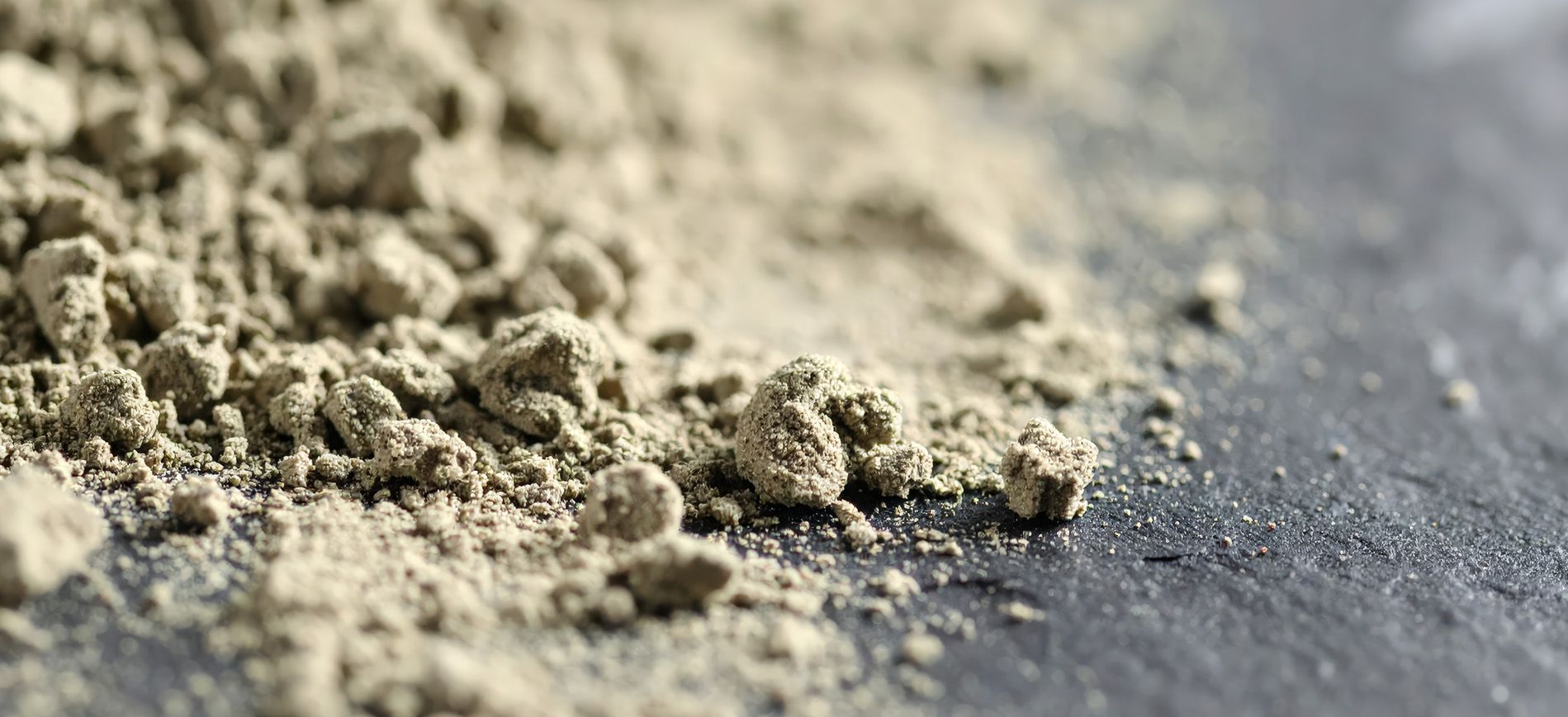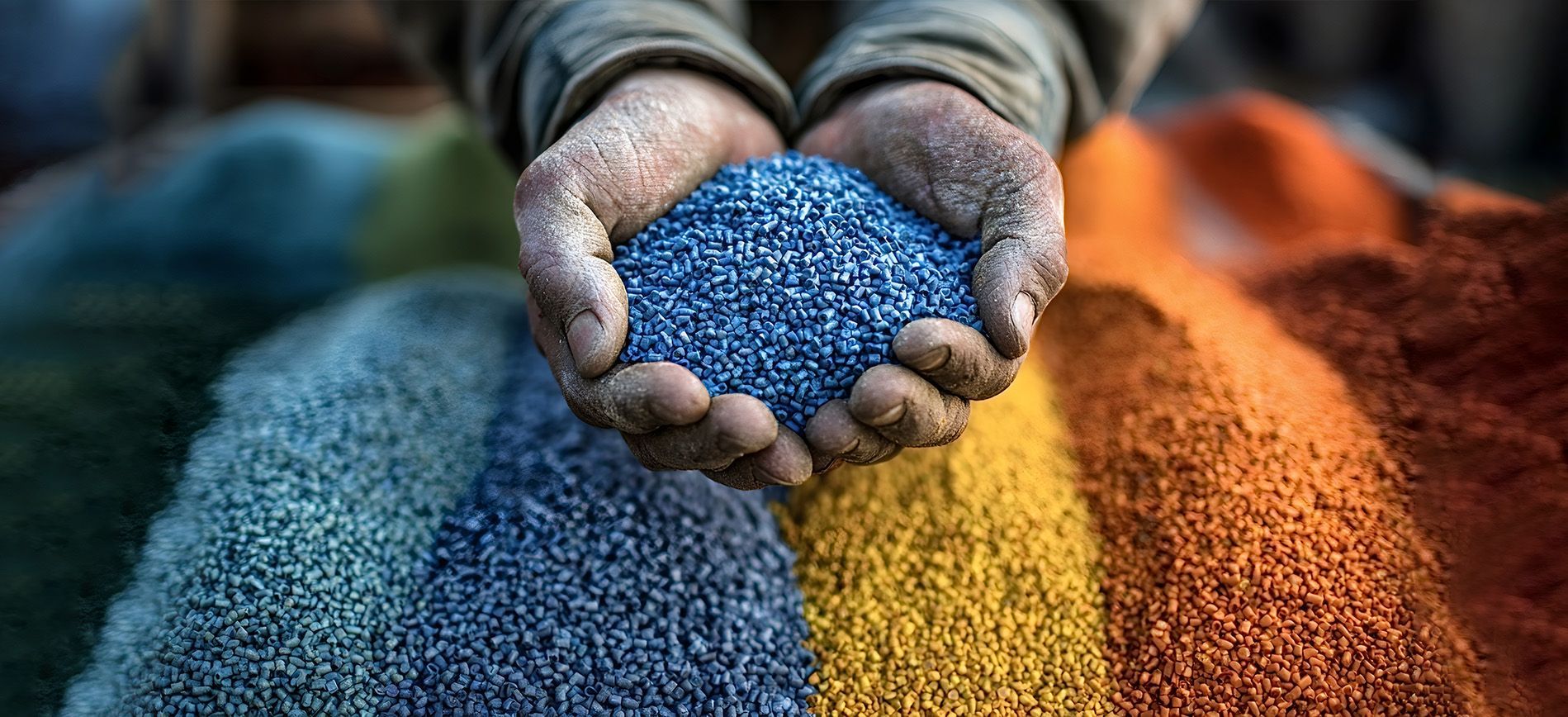Reviving Soil Health in Africa – The Role of NPK and Urea in Regenerative Agriculture
Reviving Soil Health in Africa
The Role of NPK and Urea in Regenerative Agriculture

Introduction: Why Soil Regeneration Matters More Than Ever in Africa
Africa is currently grappling with a pressing soil health crisis. More than 65% of the continent's arable land is degraded due to nutrient depletion, erosion, and unsustainable farming practices. This degradation hampers agricultural productivity, poses a significant threat to food security, and exacerbates rural poverty. However, there is hope in the form of regenerative agriculture, a method that rejuvenates the soil's natural vitality and ensures economic sustainability.
Two crucial agricultural inputs are at the core of this movement towards regenerative agriculture: NPK compound fertilizers and urea (46% nitrogen). When used correctly, these fertilizers replenish depleted soils, enhance water retention, bolster climate resilience, and help safeguard Africa’s food systems for future generations.
Understanding Africa’s Soil Degradation Challenge
The causes of soil degradation in Africa are numerous and interconnected:
- Over-dependence on rain-fed agriculture with minimal irrigation.
- Continuous mono-cropping without rotation or soil enrichment.
- Fertilizer use in Africa is less than 10% of the global average per hectare.
- Deforestation and overgrazing have stripped away topsoil.
- Climate change has exacerbated drought cycles and extreme weather.
Farmers in regions such as the Sahel, East Africa, and Southern Africa face worsening yields due to barren soils. Without regenerative strategies, the degradation continues, contributing to hunger and economic hardship.
Tf Urea and NPK Fertilizers in Soil Regeneration
Balanced and strategic fertilizer use is key to jumpstarting soil fertility, particularly in highly degraded areas.
1. Urea (46% Nitrogen)
- Improves leafy growth and nitrogen availability.
- Enhances photosynthesis and protein production in plants.
- Increases
biomass yield, critical for cereals and animal fodder.
2. NPK Compound Fertilizers
NPK fertilizers contain a balanced mix of:
- Nitrogen (N) for growth and chlorophyll synthesis.
- Phosphorus (P) for strong root development and flowering.
- Potassium (K) for water regulation and disease resistance.
NPK fertilizers with tailored ratios (e.g., 15-15-15 or 20-10-10) address specific crop and soil needs, especially in maize, rice, cassava, and legumes.
How Fertilization Supports Regenerative Agriculture
Regenerative agriculture focuses on restoring ecological function. Fertilizers, often viewed as synthetic or destructive, can actually:
- Jumpstart biological activity in depleted soils.
- Improve microbial diversity by boosting root exudates.
- Promote carbon sequestration through improved plant growth.
- Help reduce reliance on inputs over time by revitalizing soil cycles.
Programs such as Integrated Soil Fertility Management (ISFM), promoted by the FAO and AGRA, encourage blending organic matter with responsible fertilizer use to maximize short- and long-term gains.
Case Studies: Fertilizers Driving Regenerative Impact
- Nigeria: The rise of local blending plants has enabled tailored NPK access, raising maize yields by up to 50% among smallholder farmers.
- Kenya: Government fertilizer subsidies have boosted rice and horticulture production, improving income and food access.
- Ethiopia: Programs combining conservation agriculture and fertilizers have rehabilitated over 2 million hectares of degraded land.
Market Outlook: Growing Demand for Smart Fertilizers
According to the African Development Bank, fertilizer demand in Sub-Saharan Africa is expected to grow 6–7% annually over the next decade. Drivers include:
- Expanded commercial farming in Ghana, Senegal, and Zambia.
- Growth in fertilizer blending infrastructure.
- Rising use of climate-smart agriculture.
- Strong support from AGRA and IFDC.
Popular fertilizers include:
- Granular Urea 46% for cereals.
- Custom NPK blends for legumes and vegetables.
Green Gubre Group: Your Fertilizer Partner in Regeneration
At Green Gubre Group, we support regenerative agriculture with:
- High-purity granular and prilled urea.
- A full range of NPK blends tailored for African soils.
- Expert guidance on application, soil health, and sustainability.
We work closely with farmers, cooperatives, and governments to improve yields, rebuild soils, and secure the continent’s agricultural future.




